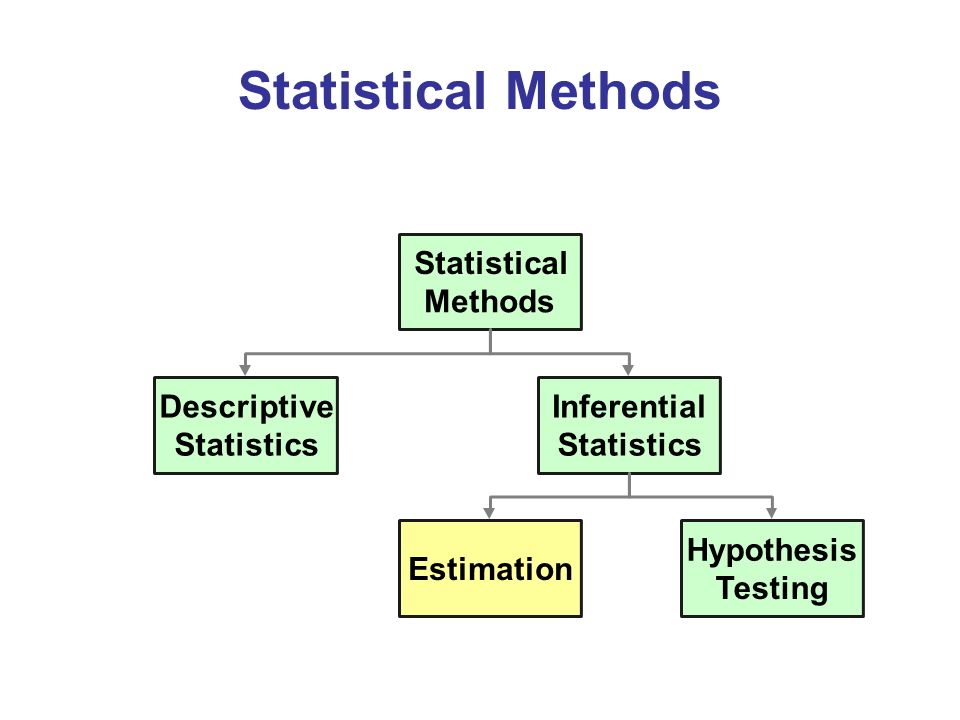Factors contributing to social inequalities are also associated with negative mental health outcomes leading to disparities in mental well-being. We propose a Bayesian hierarchical model which can evaluate the impact of policies on population well-being, accounting for spatial/temporal dependencies. Building on an interrupted time series framework, our approach can evaluate how different profiles of individuals are affected in different ways, whilst accounting for their uncertainty. We apply the framework to assess the impact of the United Kingdoms welfare reform, which took place throughout the 2010s, on mental well-being using data from the UK Household Longitudinal Study. The additional depth of knowledge is essential for effective evaluation of current policy and implementation of future policy.
翻译:暂无翻译




